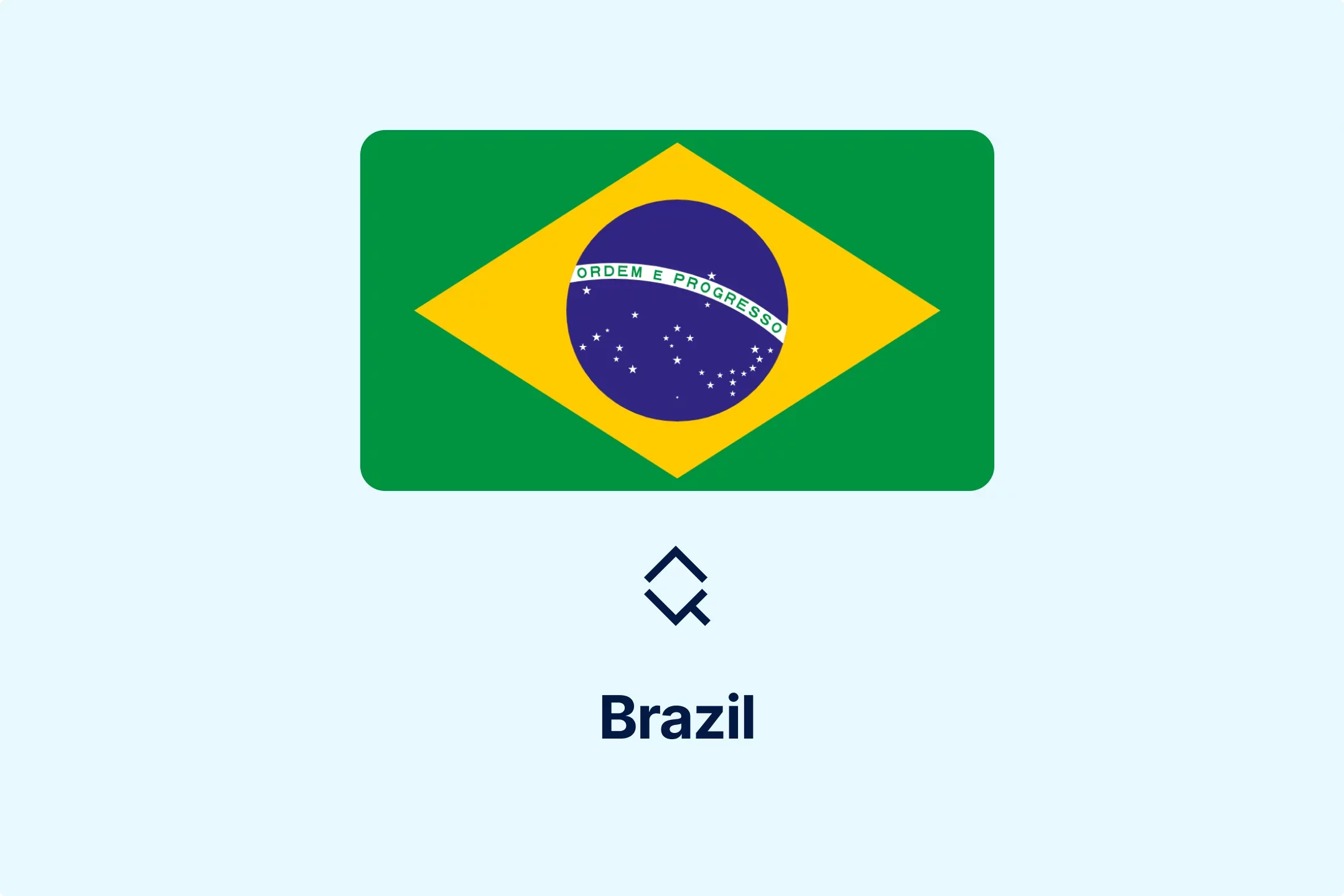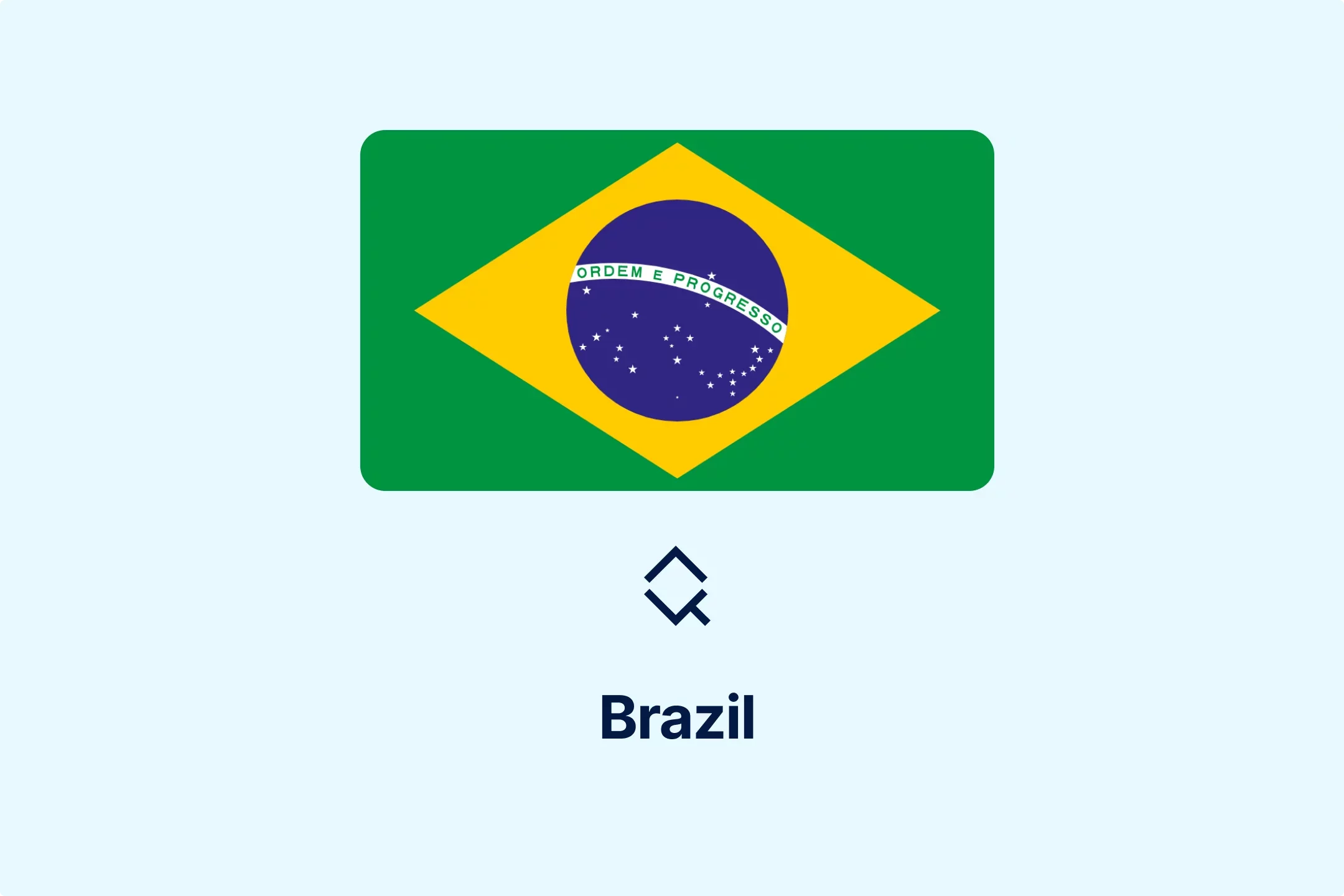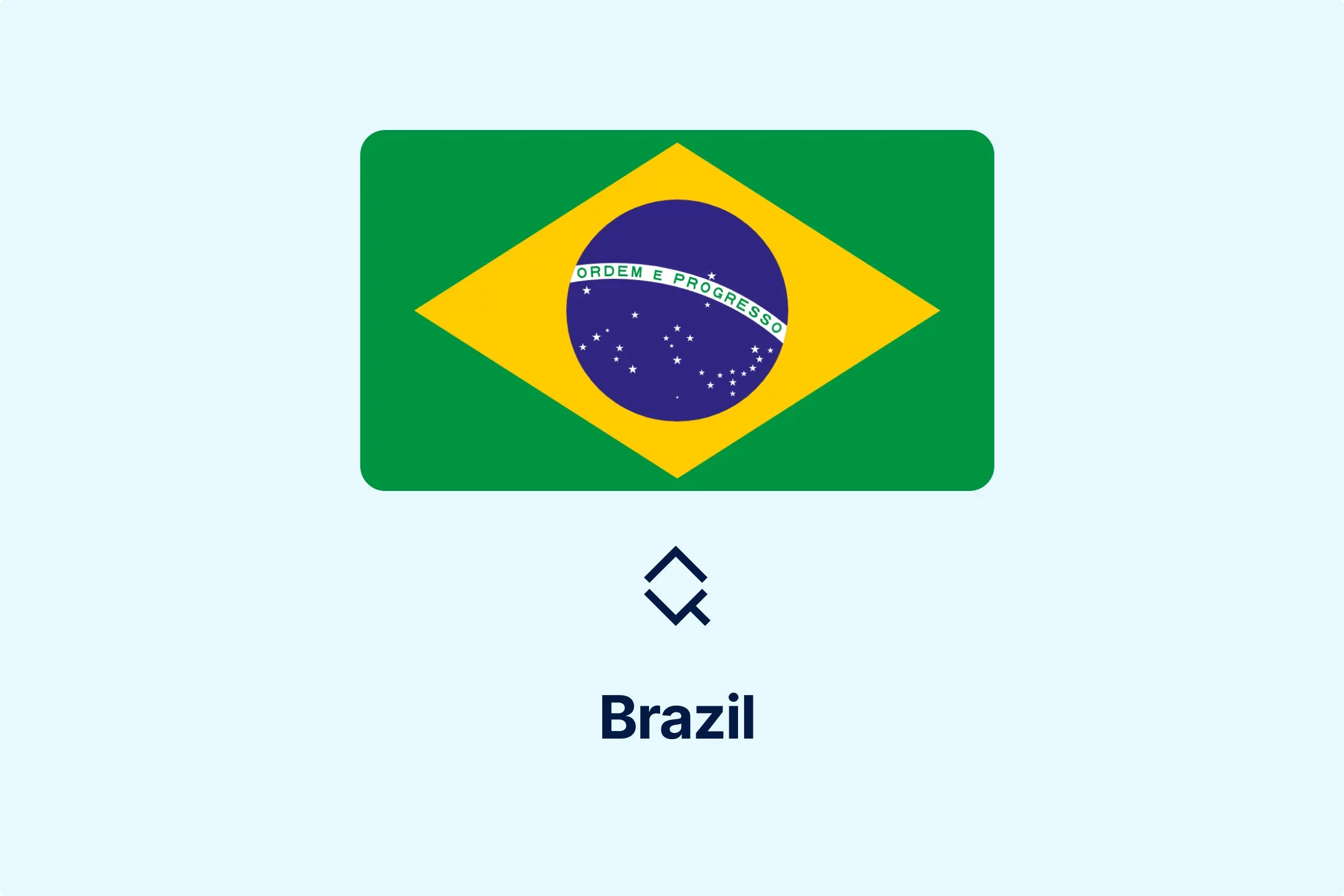Brazil’s Dual VAT Reform: Transition to a Simplified Tax System
Summary
Brazil Tax Reform Process Started in 2023: Historic approval of a comprehensive consumption tax reform.
New Dual VAT System: Introduction of the Contribution on Goods and Services (CBS - federal) and the Subnational Tax on Goods and Services (IBS - state/municipal).
Tax Simplification: Replaces five current taxes (PIS, COFINS, ICMS, ISS, IPI) with two VAT-style taxes to create a more unified legal framework and a broader tax base.
Long Transition Period: Gradual implementation from a 2026 test phase to full adoption and abolition of old taxes by 2033.
Business Impact: Increased complexity in the medium term due to parallel reporting and system upgrades, but eventual administrative relief.
Equity Mechanism: Introduction of a cashback system for low-income families to mitigate the regressivity of the consumption tax.
Digital Economy: Mandatory registration and tax liability for non-resident digital platforms supplying Brazilian consumers.
In 2023, Brazil’s Chamber of Deputies approved a historic and one of the most ambitious plans to reform the country's complex consumption tax system. The current mosaic of federal, state, and municipal taxes should ultimately evolve into a dual VAT-style model, as proposed by the Brazilian government, to drive economic development and income redistribution. What appears to be primarily a simplification of the current tax system is, at its core, a significant change that will affect markets and relative product prices.
Historical Context: Fragmented Tax System and Need for Change
Brazil implemented a national version of the VAT in 1965, which developed into a system of five applicable taxes: the federal contributions for social integration (PIS) and social security financing (COFINS), the federal tax on manufactured products (IPI), the state VAT (ICMS), and the municipal service tax (ISS). Such a system leads to overlapping bases, complex compliance, and tax disputes among states.
This was confirmed in the 2023 OECD report, which underlined that Brazil's tax system is complex and negatively affects economic efficiency. The Brazilian government, in its report, acknowledged that the issues with the current tax system are a fragmented tax base, partial origin-based taxation, an ineffective non-cumulative system, and complex legislation.
Intending to address these issues, Congress approved the Constitutional Amendment in December 2023, which is the basis for the tax reform. In addition to the Constitutional Amendment, two complementary laws were approved in 2024. These laws include the rules essential to implementing comprehensive tax reform, including abolishing currently applicable consumption taxes and establishing a new dual VAT system.
What the New Dual VAT Regime Brings
The new dual VAT system is designed to replicate the economic logic of a VAT while respecting Brazil’s federal system. Five taxes will be replaced by two: the Contribution on Goods and Services (CBS) and the Subnational Tax on Goods and Services (IBS).
The first one, the CBS, will replace federal consumption taxes, such as PIS and COFINS. The IBS, on the other hand, will replace state and municipal consumption taxes, including ICMS and ISS. The only one that will remain in place, to some extent, is the IPI, which will be maintained for only 5% of the manufactured products produced in the Manaus Free Trade Zone.
However, the reform brings more than just a change in which taxes apply. The reform brings a more unified legal framework and a broader tax base. Additionally, the dual VAT system will ensure a more consistent application of the destination principle across jurisdictions. Finally, it provides broader rights to take tax credits for inputs.
Notably, the tax reform will leave in place the Simplified Tax Regime for Small Businesses and allow them to choose whether to remain under the current system or to collect and remit IBS and CBS under the regular regime.
Also, the new tax regime imposes mandatory registration for non-resident supplies, including digital platforms, making them liable to collect and remit IBS and CBS on supplies provided to Brazilian consumers. With these requirements implemented, domestic and foreign digital platforms are subject to the same rules.
2023 - 2033: A Decade of Transition
Considering the scale of the reform, the transition to the new dual VAT system in Brazil will take time. The full adoption of the new consumption tax system is set for 2033, meaning it will take a decade from the 2023 Constitutional Amendment until the entire application and removal of ICMS and ISS are completed as the final step in the process. Nevertheless, the implementation will be gradual, starting in 2026 with a test phase.
2026 is defined as the “test year” for the BCS and IBS. In 2026, the dual VAT system will be tested, with the IBS at 0.1% and the BCS at 0.9%. In this phase, all invoices must display the test results. However, amounts shown on invoices will not actually be collected. The testing phase aims to provide businesses with the opportunity to learn about the new regime, update their invoicing practices, and accustom consumers to the new taxes.
Starting from January 1, 2027, the CBS comes into effect, marking the abolition of PIS and COFINS. Currently, the CBS is set at 8.8%. Simultaneously, the non-resident digital service providers will become liable for collecting and remitting CBS on supplies made to local consumers. Also, IPI rates will be set to zero for all products, except those that are manufactured in the Manaus Free Trade Zone.
There will be no significant changes in 2028, but only a smaller one. Throughout 2028, the IBS will be charged at the state and municipal level at a 0.05% rate. Also, the CBS, as announced, will be lowered by 0.1%.
The beginning of 2029 will mark the start of a four-year gradual implementation of 17.7% IBS. Starting from January 1, 2029, the ICMS and ISS application rates will drop by 10%, and the IBS will increase by 10%. Over the next three years, the application rates of ICMS and ISS will gradually decline until they are entirely replaced by the IBS in 2032.
As a result of the transition period, starting from January 1, 2033, only the new tax system will be in place. Consequently, OFINS, ICMS, ISS, PIS, and IPI will no longer exist, and CBS, IBS, and IS, a federal excise tax, will apply.
Implications for Businesses and Consumers
The implementation of the dual VAT regime promises to simplify the currently highly complex consumption tax regime. However, based on the implementation roadmap, in the medium term, it will increase complexity, as taxable persons will face parallel reporting, system upgrades, reprogramming ERPs, and contract and pricing reviews. Moreover, taxable persons, including non-resident digital platform operators, will have to invest in tax operations for several years before the administrative relief arrives.
Consumers, on the other hand, should ultimately benefit from lower effective consumption taxation because the reform removes layers of cascading taxes. However, in the short term, especially throughout the early transitional period, there is a risk of price volatility as businesses adjust their business operations to meet new requirements.
As a mechanism to address the issue of vertical equity, meaning that VAT disproportionately affects lower-income consumers compared to higher-income consumers, the Brazilian government will implement a cashback system for families with a per capita income of up to half the minimum wage. Families in this category will receive a 100% refund of CBS and a 20% refund of IBS for purchasing gas cylinders up to 13 kg, as well as utility bills for electricity, water, sewage, and piped gas. Additionally, they will receive 20% of CBS and IBS on other products.
Conclusion
The recent announcement of the tax reform in Brazil marks a profound transformation of the country’s consumption tax system. By replacing multiple overlapping taxes, imposed on the federal, state, and municipal levels, with a dual VAT system, one imposed on the federal and the other on the state and municipal levels, the tax reform is simultaneously historic and pragmatic.
Considering the perennial implementation timeline, taxable persons should expect difficulties, including potential postponements. Nevertheless, all of this obliges taxable persons, states, and the federation to maintain policy discipline and programmatic coordination in the years ahead.
Source: Government of Brazil, KPMG, PwC, EY, Inter-American Center of Tax Administrators, OECD Economic Surveys: Brazil 2023, VATabout- Brazil: New Indirect Taxes on Digital Service Providers from 2026, VATabout - Brazil’s Historic Tax Reform: Dual VAT System Awaits Presidential Signature

More News from Brazil
Get real-time updates and developments from around the world, keeping you informed and prepared.
-e9lcpxl5nq.webp)








-fbovkq9h8b.webp)







